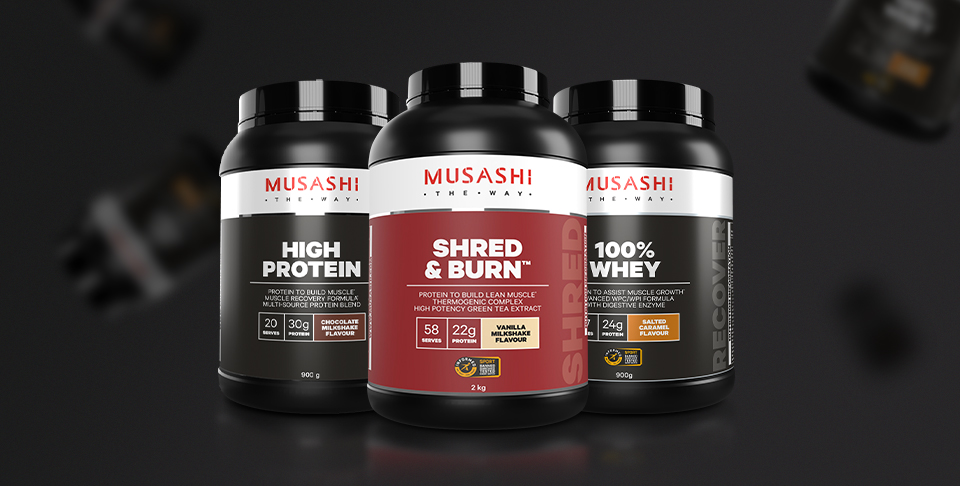In the world of fitness and nutrition, the debate between whey protein isolate and concentrate has been ongoing for years. Understanding the differences between these two popular supplements is crucial for those aiming to maximize their gains and optimize their diet. Let’s delve into the world of whey protein and unravel the mysteries surrounding isolate versus concentrate.

Key Differences Between Whey Protein Isolate and Concentrate
When it comes to whey protein, the two most popular options are whey protein isolate and whey protein concentrate. While both offer a high level of protein, there are key differences between the two that can impact your fitness goals.
One of the main differences between whey protein isolate and concentrate is the protein content. Whey protein isolate typically contains a higher percentage of protein, usually around 90% or more, while whey protein concentrate contains between 70-80% protein. This means that whey protein isolate is a more concentrated source of protein.
Another important difference is the lactose content. Whey protein isolate undergoes further processing to remove more of the lactose, making it a better option for those who are lactose intolerant. Whey protein concentrate, on the other hand, may still contain some lactose, so it may not be suitable for everyone.
In addition, whey protein isolate is often considered a faster-digesting protein, which can be beneficial for post-workout recovery. On the other hand, whey protein concentrate may provide a slower release of amino acids, making it a good option for a snack or meal replacement.
Understanding the Protein Content and Purity
When it comes to choosing the right whey protein for your fitness goals, is crucial. Whey protein comes in two main forms: isolate and concentrate. Both types have their advantages and differences in terms of protein content and purity.
**Whey Protein Isolate:**
- Contains a higher protein content (usually around 90% or more).
- Lower in fat and lactose compared to concentrate.
- Fast-absorbing and ideal for post-workout recovery.
**Whey Protein Concentrate:**
- Contains around 70-80% protein content.
- May have higher levels of fat and lactose.
- Offers a more affordable option for those on a budget.
Benefits and Drawbacks of Whey Protein Isolate
Benefits of Whey Protein Isolate:
One of the main advantages of whey protein isolate is its high protein content. It contains a higher percentage of protein compared to whey protein concentrate, making it a great option for those looking to increase their protein intake without consuming excess calories or fat.
Another benefit of whey protein isolate is its low lactose content. This makes it a suitable option for individuals who are lactose intolerant or have difficulty digesting dairy products.
Whey protein isolate is also quickly absorbed by the body, making it an ideal choice for post-workout recovery. It helps to promote muscle recovery and growth, making it a popular supplement among athletes and fitness enthusiasts.
Drawbacks of Whey Protein Isolate:
One potential drawback of whey protein isolate is its higher cost compared to whey protein concentrate. Due to the additional processing required to isolate the protein, whey protein isolate tends to be more expensive.
Additionally, some people may find that whey protein isolate lacks the creamy texture and flavor of whey protein concentrate. This could be a downside for those who enjoy the taste and mouthfeel of traditional whey protein products.
Lastly, some individuals may experience digestive discomfort or bloating when consuming whey protein isolate, especially if they have a sensitivity to dairy products. It is important to monitor how your body responds to whey protein isolate and make adjustments as needed.
Making the Right Choice for Your Fitness Goals
When it comes to choosing the right protein supplement for your fitness goals, the decision between whey isolate and whey concentrate can be a tough one. Both options have their own unique benefits and drawbacks, so it’s important to understand the differences before making a decision.
Whey Isolate:
- Higher protein content (usually around 90-95%)
- Lactose-free
- Lower in fat and carbohydrates
- Faster absorption rate
Whey Concentrate:
- Contains less protein (typically 70-80%)
- May contain lactose
- Higher in fat and carbohydrates
- Slower absorption rate
Ultimately, the choice between whey isolate and whey concentrate will depend on your individual fitness goals and dietary needs. If you’re looking for a protein powder with higher protein content and faster absorption, whey isolate may be the best option for you. On the other hand, if you’re looking for a more cost-effective option or don’t have any issues with lactose, whey concentrate could be the right choice.
In conclusion, whether you choose whey protein isolate or concentrate, both options offer great benefits and can help you reach your fitness goals. It ultimately comes down to personal preference and individual dietary needs. Whichever you choose, remember to listen to your body and make adjustments as necessary. Make sure to consult with a nutritionist or healthcare provider if you have any specific concerns or questions. Here’s to decoding the world of whey protein and finding the perfect fit for you!